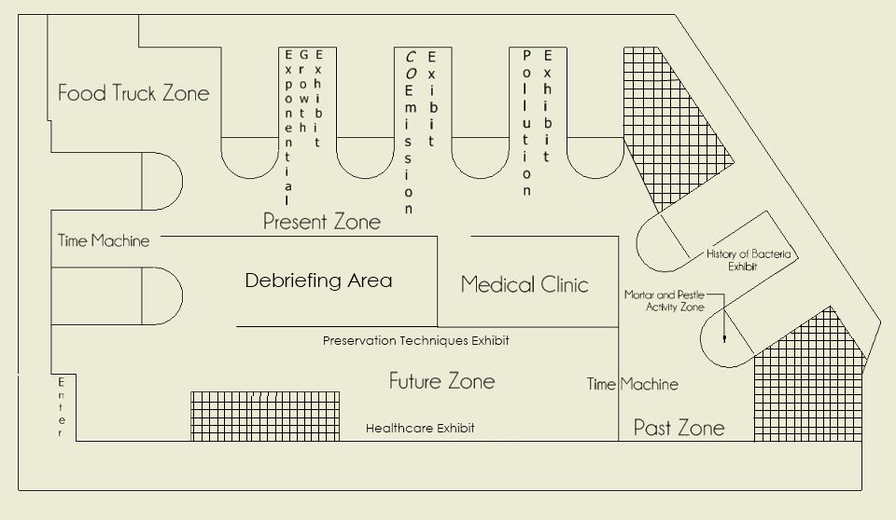

“Preparing for the MCAT is very difficult,” notes physician and CMMP Board of Directors Chairwoman, Lauren Payne.

lawyers were white, and the Association of American Medical Colleges found that only five percent of physicians were Black.īlueprint’s scholarship programs open a key pathway toward alleviating these disparities and building a diverse skilled workforce that can communicate effectively with those it serves. In 2018, the American Bar Association reported that 85 percent of practicing U.S. As a result, experts have raised concerns that this discrepancy might impair professionals’ ability to provide sound legal counsel or knowledgeable medical care. We are confident these scholarships will help CMMP’s members gain entry to some of the best medical schools in the country.”Īlthough consumers in law and medicine come from a wide range of racial and socioeconomic backgrounds, providers of these services mostly do not. “We are honored to work with a number of amazing organizations. “We want to ensure that every individual who dreams of becoming a physician or lawyer has the support they need, from the day they decide to pursue these professions to the day they retire,” says Matt Riley, CEO and Co-Founder of Blueprint Prep. To help remove these barriers to entry, Blueprint has already formed partnerships similar to the CMMP agreement with other student organizations, including NBLSA, SNMA, UCLA Law Fellows, and UC Berkley Underground Scholars. Explanations for the lack of diversity often cite the high cost of admissions testing and the complexity and unfamiliarity of the admissions process in general, especially for first-generation students. As data from around the country reveals an ongoing lack of diversity in these fields, Blueprint has taken steps to direct support toward students from underrepresented groups.
BLUEPRINT MEDICAL SERIES
The CMMP scholarship program is the latest in a series of initiatives by Blueprint to make access to the medical and legal fields more equitable.
BLUEPRINT MEDICAL FREE
The agreement gives aspiring medical students free or heavily discounted access to Blueprint’s MCAT preparation course, which includes not only resources for the test itself but also workshops and admissions assistance.
BLUEPRINT MEDICAL PROFESSIONAL
Carver College of Medicine in recognition of the Carver family’s gift commitments of more than $90 million in philanthropic support.Īs reflected in its longstanding commitment to education, research, and clinical care, the Carver College of Medicine today is considered a leader in academic medicine-teaching future health care professionals leading basic science and clinical studies that lead to greater understanding of human health and disease and providing treatments that improve the lives of individuals, families, and communities.LOS ANGELES, J(GLOBE NEWSWIRE) - Blueprint Prep, a premier education company specializing in support for lifelong professional advancement and test preparation, has formed a partnership with Comprehensive Medical Mentoring Program (CMMP) to provide scholarships to CMMP’s members. In 2002, the college began a new era as the Roy J.

Today, it serves as the centerpiece of a university health sciences center that includes colleges of dentistry, nursing, pharmacy, and public health as well as UI Hospitals & Clinics and the nearby Iowa City Veterans Affairs Medical Center. The medical college has seen continual growth and expansion since then. For the previous two decades, the Keokuk College of Physicians and Surgeons, located nearly 100 miles away, was recognized by the state legislature as the official medical department of the State University of Iowa.īy 1928, with the completion of a seven-story hospital following the opening of children’s and psychiatric hospitals a decade earlier, and the Medical Laboratories building in 1927, a burgeoning medical campus was firmly established west of the Iowa River and the university’s main facilities. The college’s eight faculty members included dean and surgery professor Washington Freeman Peck, who, beginning in the late 1860s, worked with the state’s medical, business, and political leaders to establish a medical college in Iowa City. With its founding on the University of Iowa campus in 1870, the medical college’s first class consisted of 37 students, which included eight women-giving Iowa the distinction as the first coeducational medical school in the United States. Carver College of Medicine has earned its standing among the most esteemed medical schools in the nation. Over the past century and a half, the University of Iowa Roy J.


 0 kommentar(er)
0 kommentar(er)
